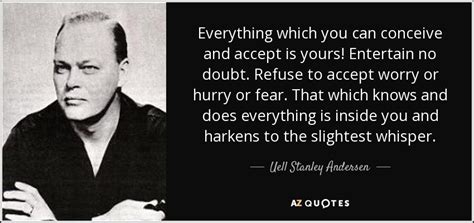A Quote by Samuel R. Delany
Suggestion is a literary strategy.
Quote Topics
Related Quotes
Suggestion is generally better than Definition. There is a seeming dogmatism about Definition that is often repellent, while Suggestion, on the contrary, disarms suspicion and summons to co-operation and experiment. Definition provokes discussion. Suggestion provokes to love and good works. Defining is limiting. Suggestion is enlarging. Defining calls a halt; Suggestion calls for an advance. Defining involves the peril of contentment: "I am here, I rest." "Thus far," says Definition, and draws a map. "Westward," cries Suggestion, and builds a boat.
Every genuinely literary style, from the high authorial voice to Foster Wallace and his footnotes-within-footnotes, requires the reader to see the world from somewhere in particular, or from many places. So every novelist's literary style is nothing less than an ethical strategy - it's always an attempt to get the reader to care about people who are not the same as he or she is.
A good strategy is not always successful, but even an "inappropriate" strategy may be an actual strategy. A "bad strategy" is one that doesn't even try to address an important challenge. Instead, it speaks of aspirations, visions of the future, lays out performance goals, or simply lists a bunch of unconnected actions.
All of the great leaders down through history have told us we become what we think about. In fact, they have been in complete and unanimous agreement on this point while they disagree on almost every other point. Unfortunately, the vast majority of people rarely think, they simply accept what they see or hear. The next time someone gives you a suggestion, rather than simply accepting and acting on the suggestion - THINK - exercise your reasoning factor. Ask yourself if the suggestion will improve the quality of your life.


































